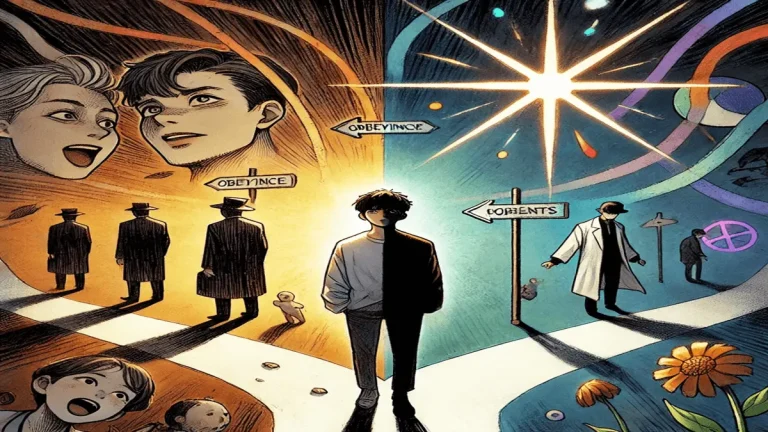Animation Law Regarding Representation
In the rapidly growing animation industry, creators, studios, and producers often navigate complex legal issues, including contracts, intellectual property, and representation. Animation law regarding representation plays a crucial role in shaping relationships between animation artists and their agents, managers, or legal representatives. Ensuring proper representation is essential to protect the rights of animators, while also facilitating fair business negotiations, including contracts, royalties, and employment agreements.
What is Animation Law Regarding Representation?
Animation law regarding representation involves the legal framework that governs the relationship between animators or studios and their representatives. These representatives, typically agents or managers, negotiate contracts on behalf of the animator or studio, secure work opportunities, and ensure fair compensation. Representation can range from agents focusing on securing jobs and deals to legal professionals who handle licensing agreements and intellectual property rights.
Representation is particularly important in animation because of the collaborative nature of the industry. Whether it’s an animator working on a major feature film or a small independent project, the terms of their engagement, compensation, and creative rights need to be carefully managed.
Why is Representation Important in Animation?
Proper representation protects animators from being taken advantage of by larger studios or production companies. Without adequate representation, an animator may enter into contracts with unfavorable terms, such as insufficient compensation, lack of creative control, or loss of intellectual property rights.
Representation also ensures that animators get credited for their work, receive royalties from successful projects, and have a voice in creative and business decisions. It fosters transparency and fairness in negotiations, allowing both parties animators and studios to collaborate effectively.
Animation Law Forced Representation
In some instances, animation law forced representation comes into play, particularly when animators or smaller studios are contractually obligated to use a particular representative or agency. This situation often arises in agreements where animators are required to be represented by a specific agency as a condition for working on a particular project.

Animation law forced representation can become problematic if the animator feels they are not receiving adequate support or if the terms of their representation are unfavorable. Forced representation may limit an animator’s freedom to choose who best represents their interests, and it could result in conflicts of interest if the representative prioritizes the studio’s interests over the artist’s.
This is why it’s important for animators to fully understand the terms of their contracts, including any provisions related to forced representation. They should seek legal advice before agreeing to any deal that includes such stipulations to ensure their best interests are protected.
Key Legal Considerations in Animation Law Regarding Representation
Contracts and Terms
The most critical aspect of animation law regarding representation is ensuring that the terms of representation are clear and favorable. This includes:
Creative Rights
Animation artists often struggle to retain control over their creations, especially when negotiating with larger studios. A strong representation agreement can help ensure that animators retain intellectual property rights, are credited for their work, and are fairly compensated through royalties.
Employment Contracts
In many cases, animators are hired on a freelance or project-by-project basis. Animation law regarding representation helps to protect their employment rights, ensure fair compensation, and prevent overexploitation. The representation agreement can outline the animator’s work schedule, payment terms, and any creative input they are entitled to.
Conflicts of Interest
A potential risk in animation law forced representation arises when the representative may have conflicting interests with the parties they represent. For example, an agency representing both a studio and an animator might prioritize the studio’s interests if they offer more lucrative contracts. In such cases, animators should ensure their representation agreement includes clauses that protect them from unfair treatment due to conflicts of interest.
Avoiding Pitfalls in Animation Law Forced Representation
To avoid the negative impacts of animation law forced representation, animators and studios should follow best practices:
In the animation industry, where creativity meets commerce, representation plays a pivotal role in protecting the interests of animators and studios alike. Animation law regarding representation ensures that animators are fairly compensated and that their creative rights are upheld. However, animators must be cautious of animation law forced representation, which can limit their freedom to choose the best representation for their interests. Understanding these legal aspects and securing strong, transparent representation agreements will allow animators to focus on their creative work while ensuring that their rights and interests are protected throughout the negotiation process.
If you are seeking experienced legal representation for matters related to animation law regarding representation, it’s important to consider working with a firm that specializes in both entertainment and business law. Many of the top law firms in Florida offer expertise in these areas, ensuring that your rights as an animator or creative professional are fully protected. By partnering with a reputable Florida law firm, you can navigate complex legal agreements, intellectual property issues, and contract negotiations with confidence. Explore more about these leading firms to find the best legal support for your unique needs.






